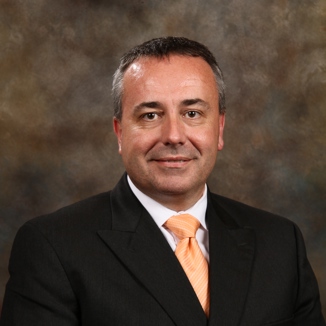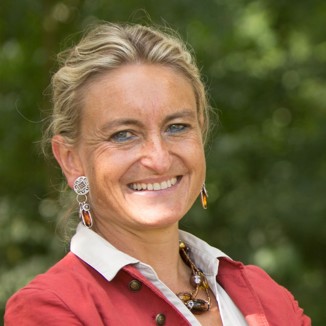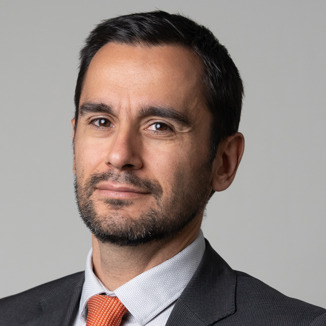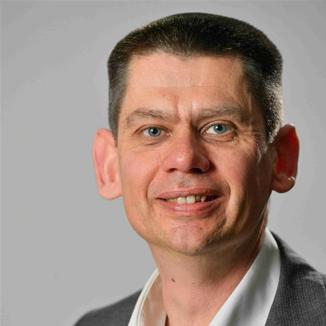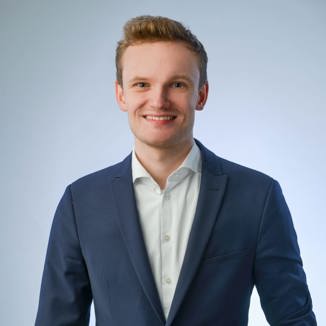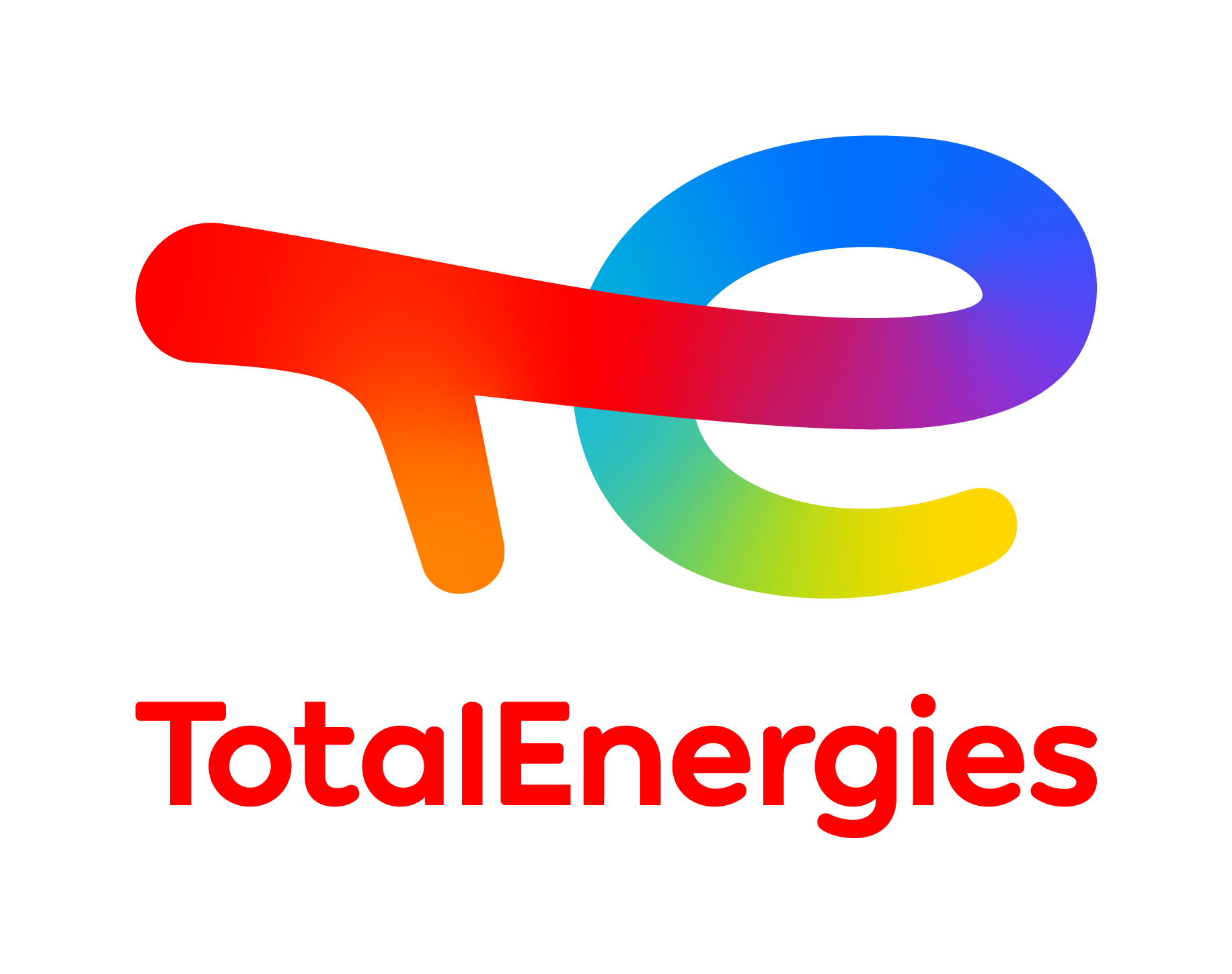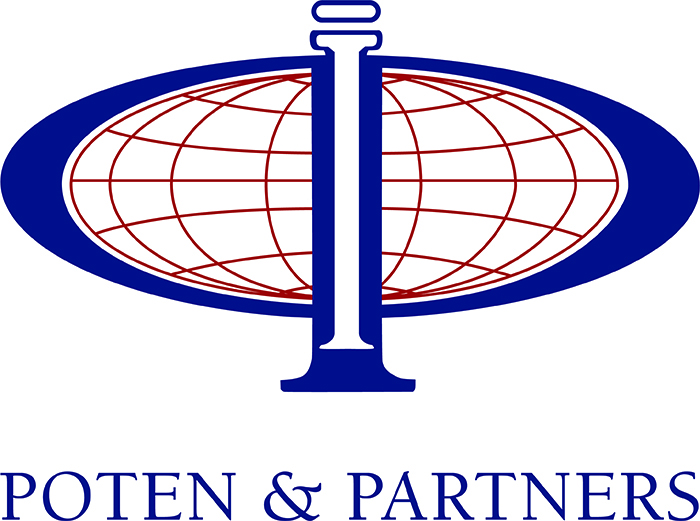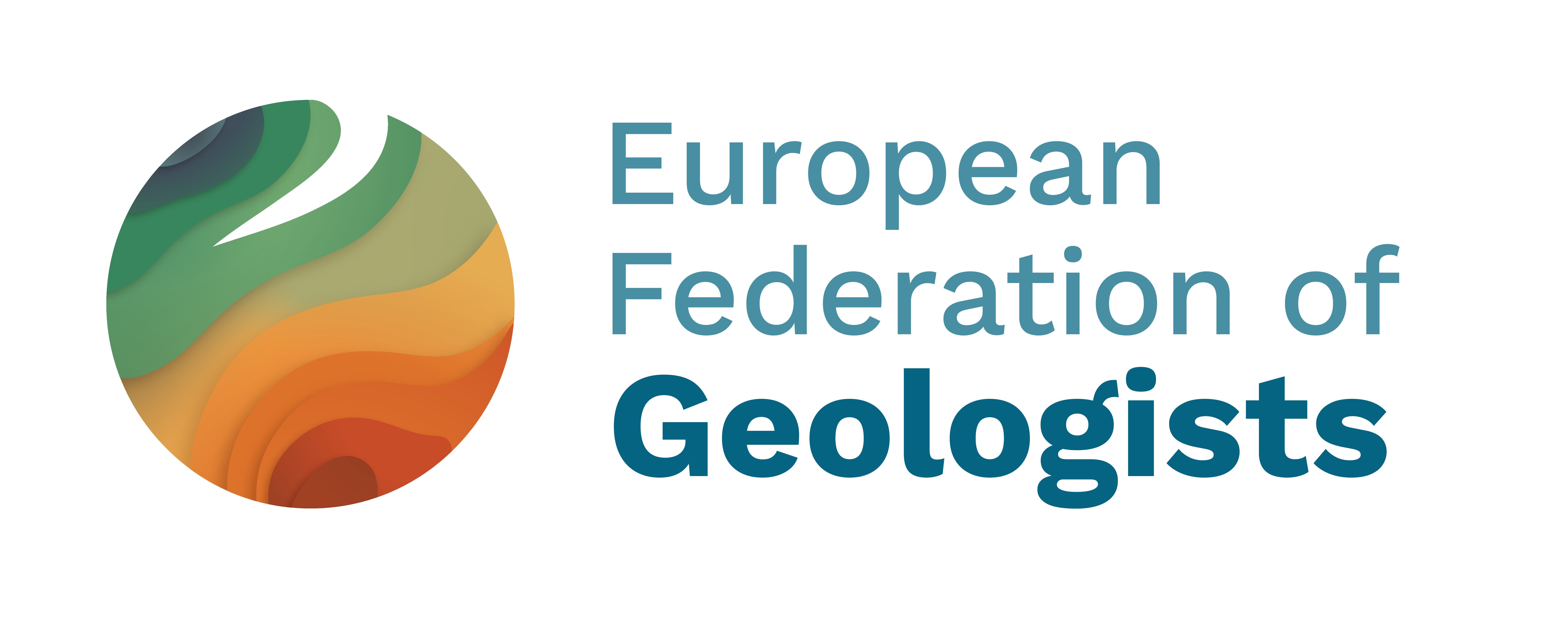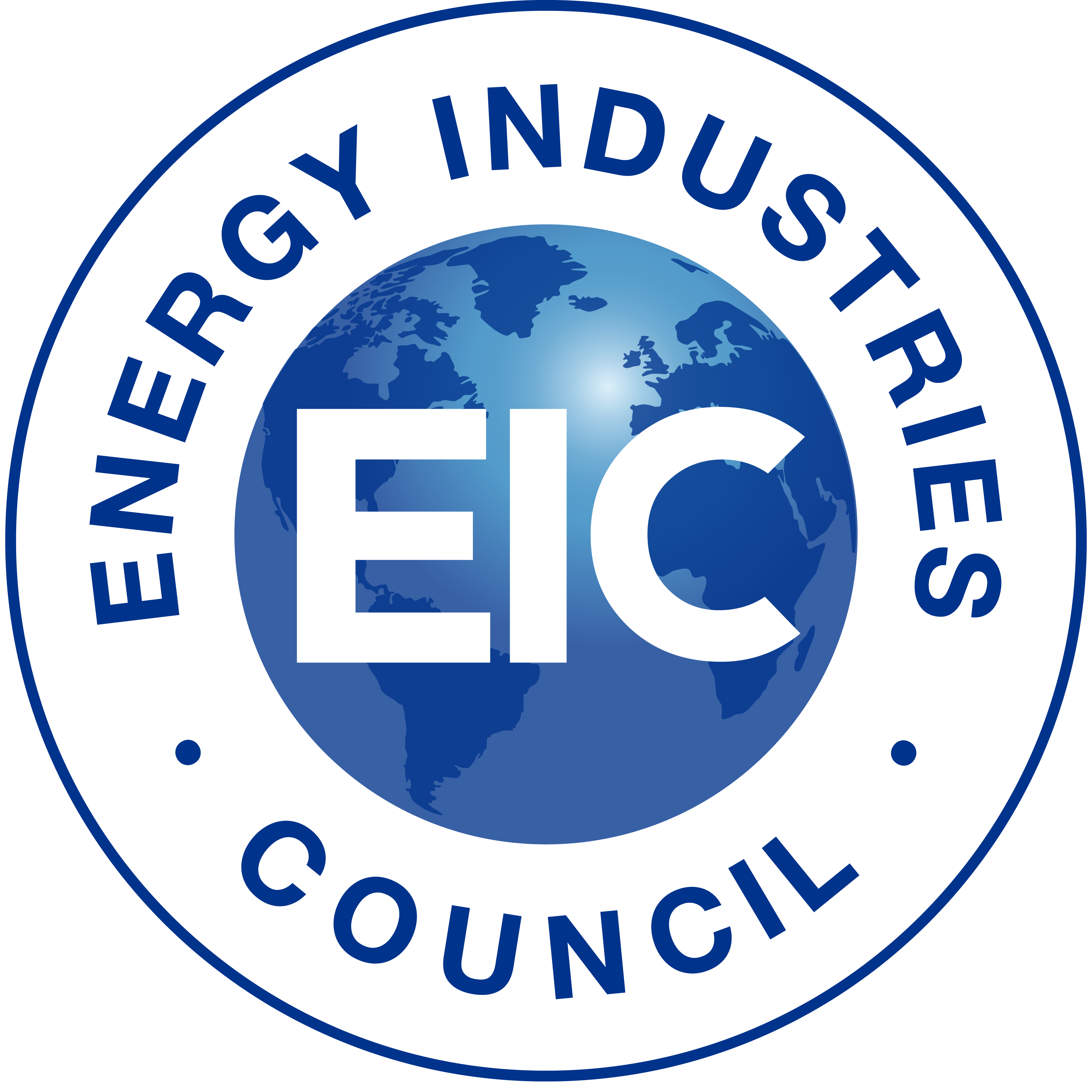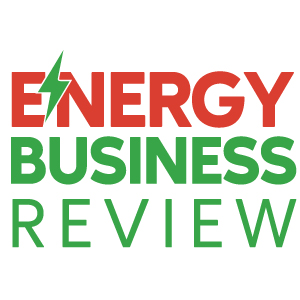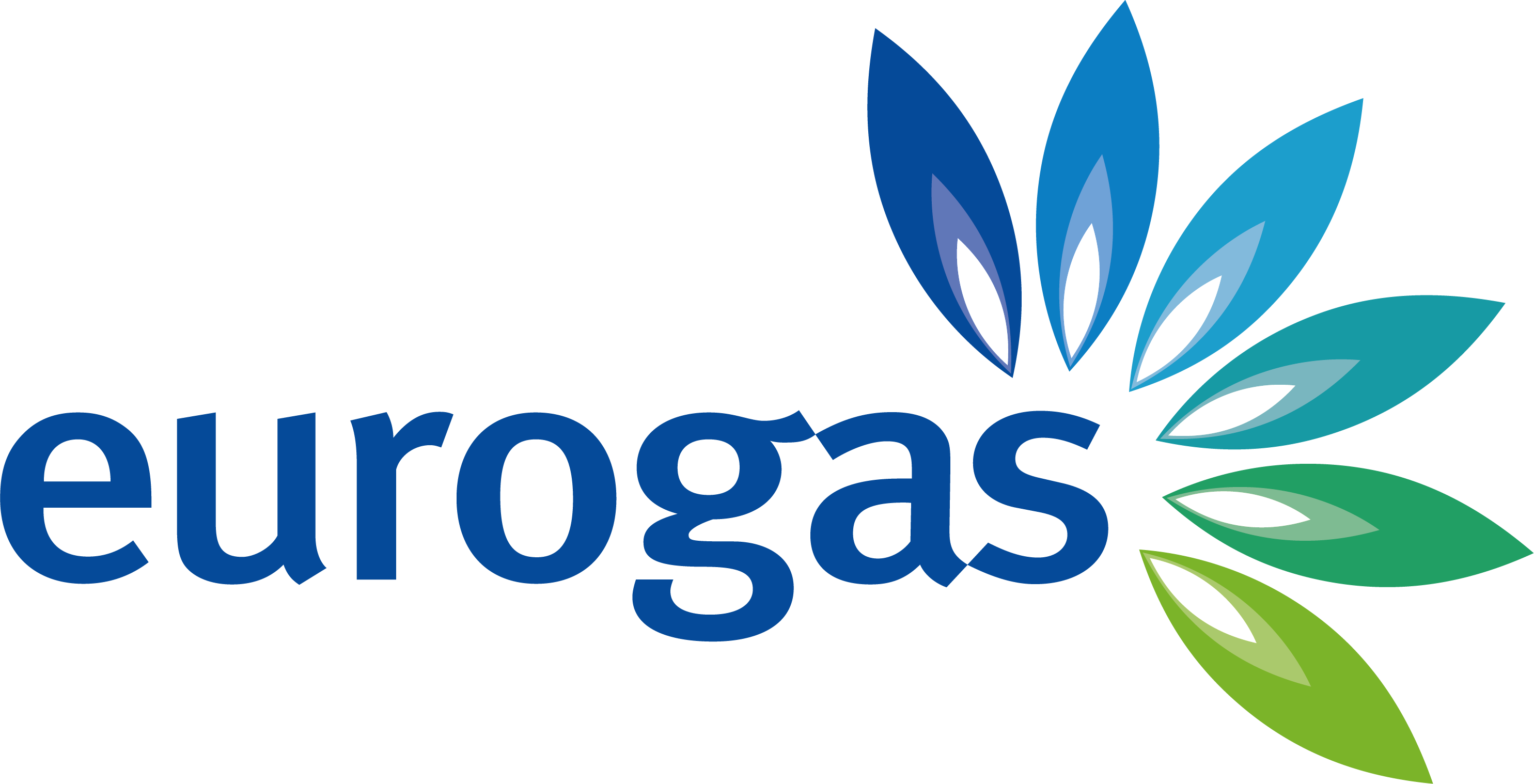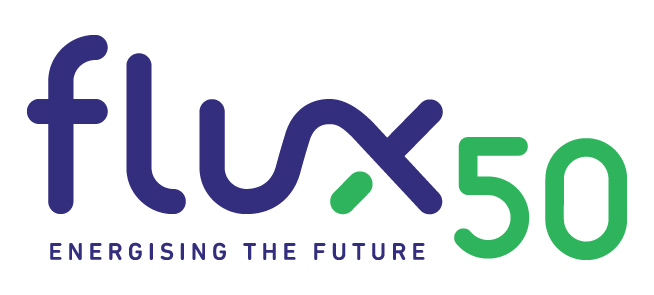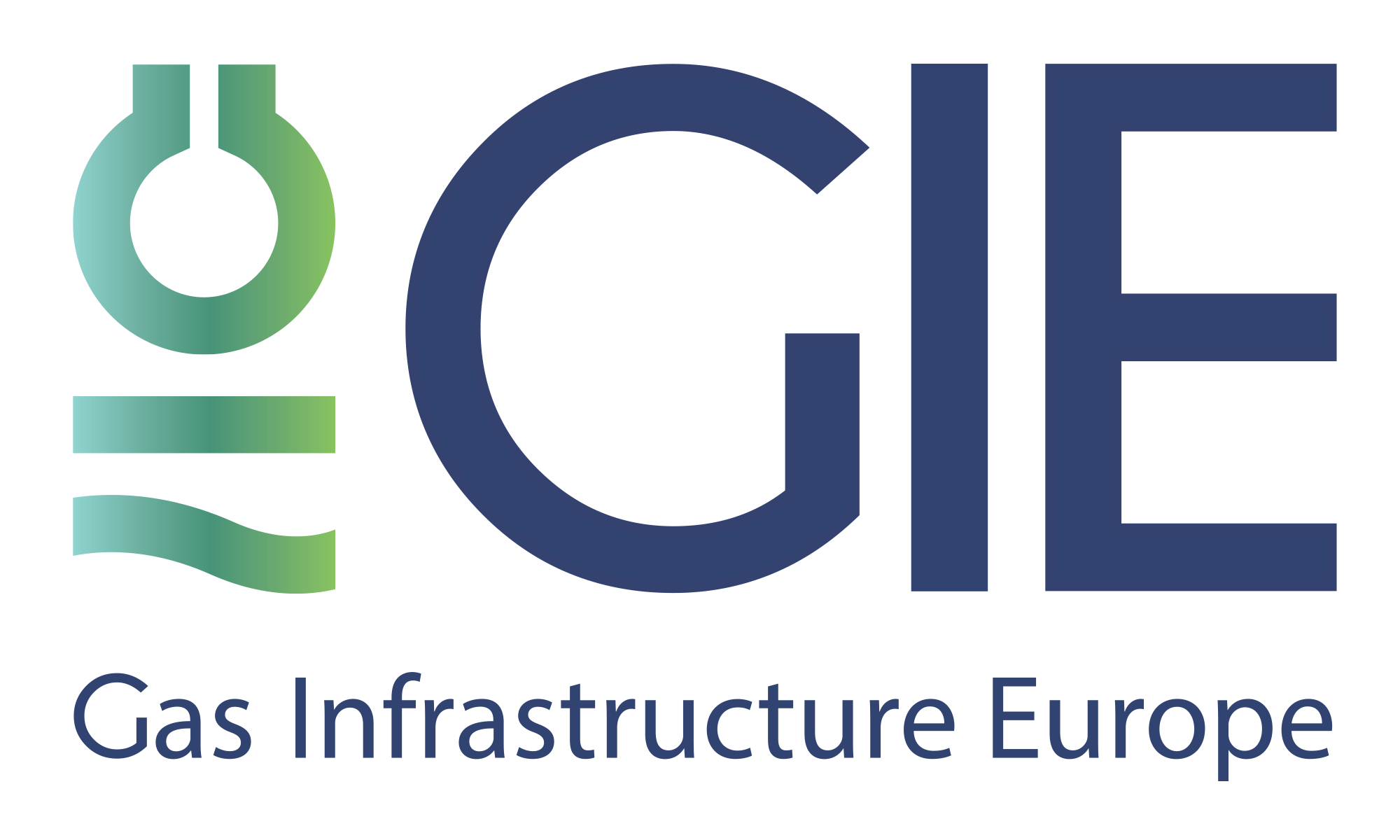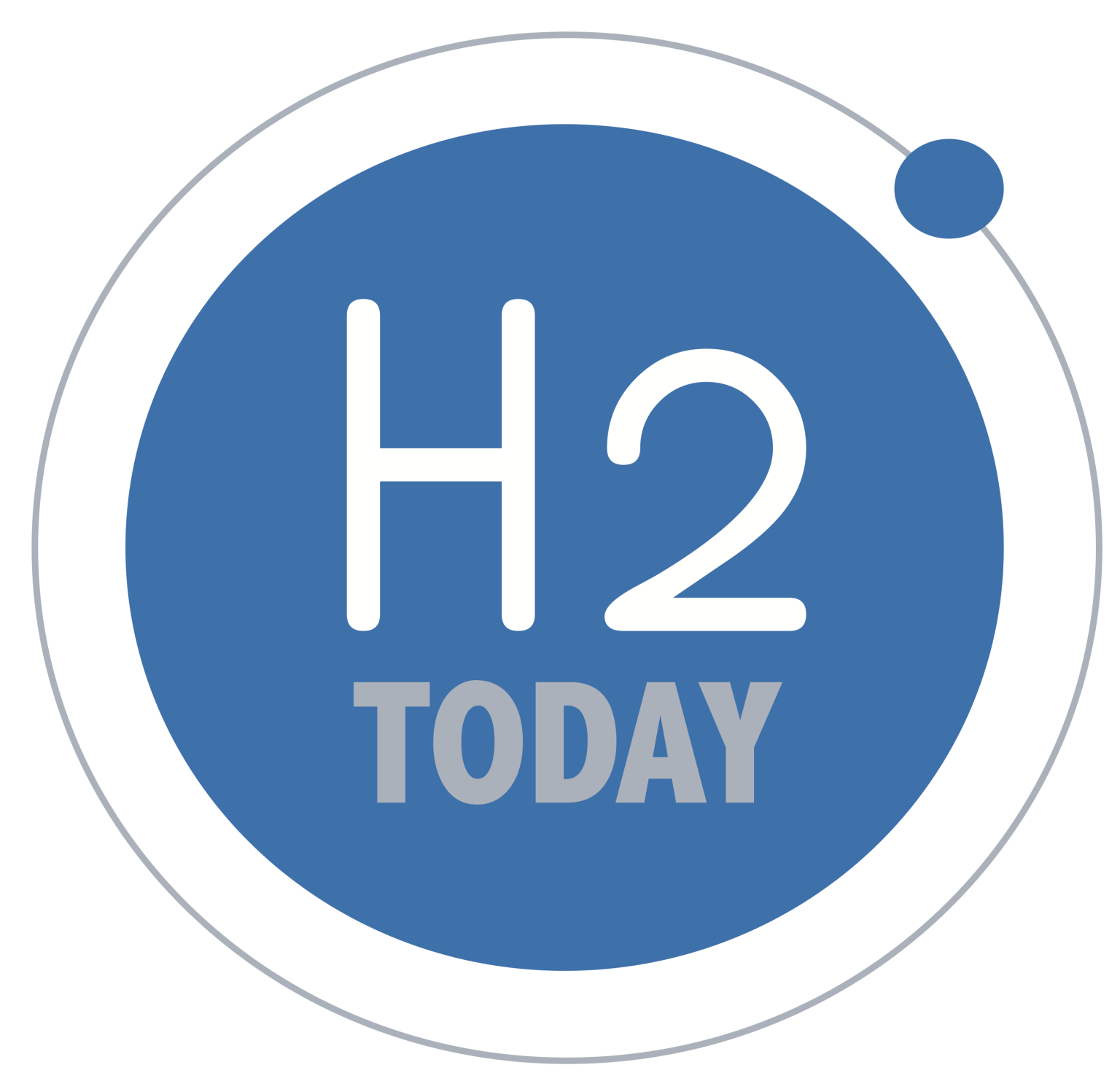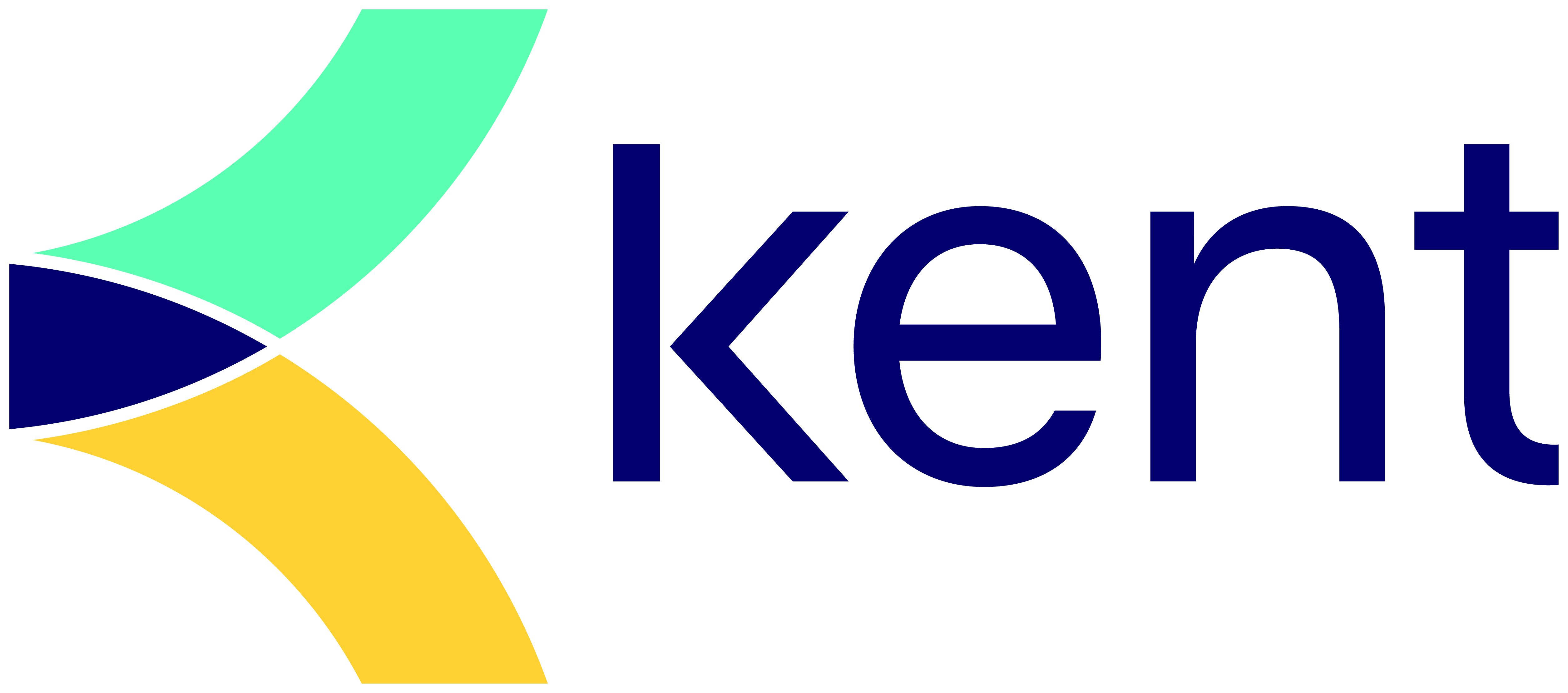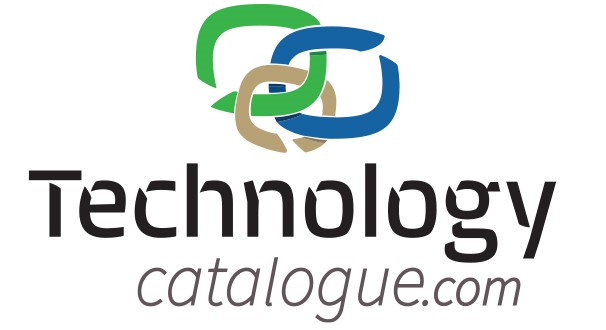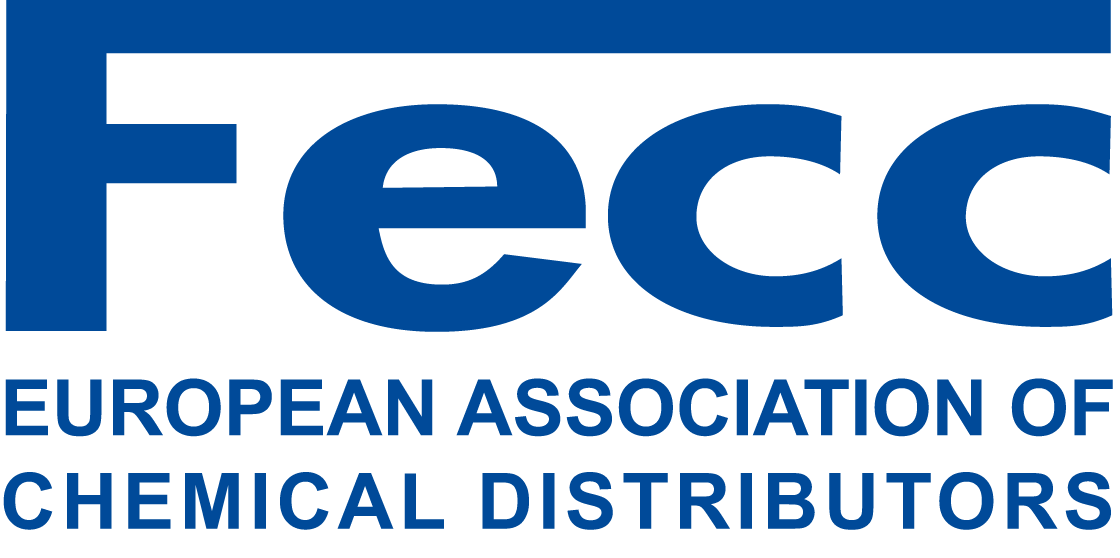The energy sector has changed dramatically since the coronavirus; and Russia’s invasion of
Ukraine in February 2022 fuelled an energy crisis and stoked concerns over future energy
security. The European Commission in December 2022 released its European Green Deal which
address the need to accelerate decarbonisation across the EU they have set a target by 2023
to reduce carbon emissions by an additional 55% and they aim to be the first climate-neutral
continent by 2050.
The 3rd Europe CCUS & Hydrogen Decarbonisation Summit will assess and review the
opportunities within the EU Energy Sector and review the different hydrogen road maps set
out by the European Commission and different European Countries. We will review how green
hydrogen can ensure of energy security for each, while hitting decarbonising matrixes. The
conference will also review how CCU & CCUS can decarbonise the energy intensive sectors that
are hard to decarbonise while creating a circular carbon economy.
The 3rd Europe CCUS & Hydrogen Decarbonisation Summit will focus on the implementation
of CCS & CCUS within industrial operations and how hydrogen can decarbonise industry and
transport. The summit will bring together 300+ government officials, regulators, key industry
stake holders, leading academia, and service companies

